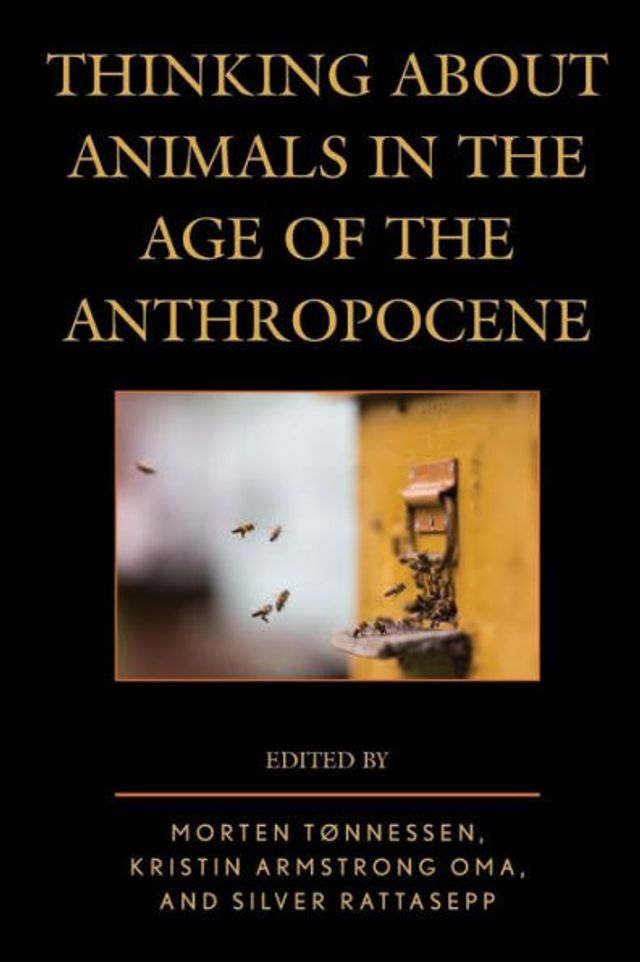Home
History 4° Celsius: Search for a Method the Age of Anthropocene
Loading Inventory...
Barnes and Noble
History 4° Celsius: Search for a Method the Age of Anthropocene
Current price: $94.95


Barnes and Noble
History 4° Celsius: Search for a Method the Age of Anthropocene
Current price: $94.95
Loading Inventory...
Size: Hardcover
*Product Information may vary - to confirm product availability, pricing, and additional information please contact Barnes and Noble
In
History 4° Celsius
Ian Baucom continues his inquiries into the place of the Black Atlantic in the making of the modern and postmodern world. Putting black studies into conversation with climate change, Baucom outlines how the ongoing concerns of critical race, diaspora, and postcolonial studies are crucial to understanding the Anthropocene. He draws on materialist and postmaterialist thought, Sartre, and the science of climate change to trace the ways in which evolving political, cultural, and natural history converge to shape a globally destructive force. Identifying the quest for limitless financial gain as the primary driving force behind both the slave trade and the continuing increase in global greenhouse gas emissions, Baucom demonstrates that climate change and the conditions of the Black Atlantic, colonialism, and the postcolony are fundamentally entwined. In so doing, he argues for the necessity of establishing a method of critical exchange between climate science, black studies, and the surrounding theoretical inquiries of humanism and posthumanism.
History 4° Celsius
Ian Baucom continues his inquiries into the place of the Black Atlantic in the making of the modern and postmodern world. Putting black studies into conversation with climate change, Baucom outlines how the ongoing concerns of critical race, diaspora, and postcolonial studies are crucial to understanding the Anthropocene. He draws on materialist and postmaterialist thought, Sartre, and the science of climate change to trace the ways in which evolving political, cultural, and natural history converge to shape a globally destructive force. Identifying the quest for limitless financial gain as the primary driving force behind both the slave trade and the continuing increase in global greenhouse gas emissions, Baucom demonstrates that climate change and the conditions of the Black Atlantic, colonialism, and the postcolony are fundamentally entwined. In so doing, he argues for the necessity of establishing a method of critical exchange between climate science, black studies, and the surrounding theoretical inquiries of humanism and posthumanism.


















